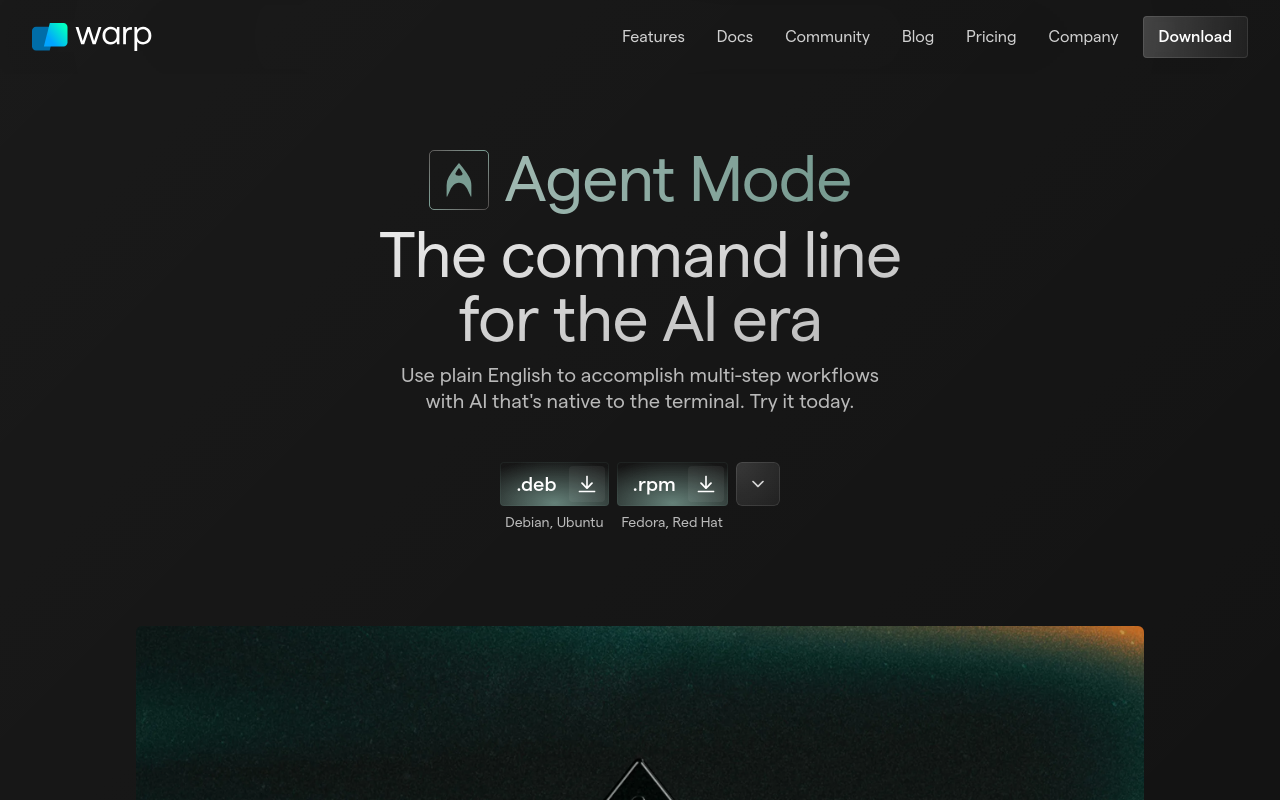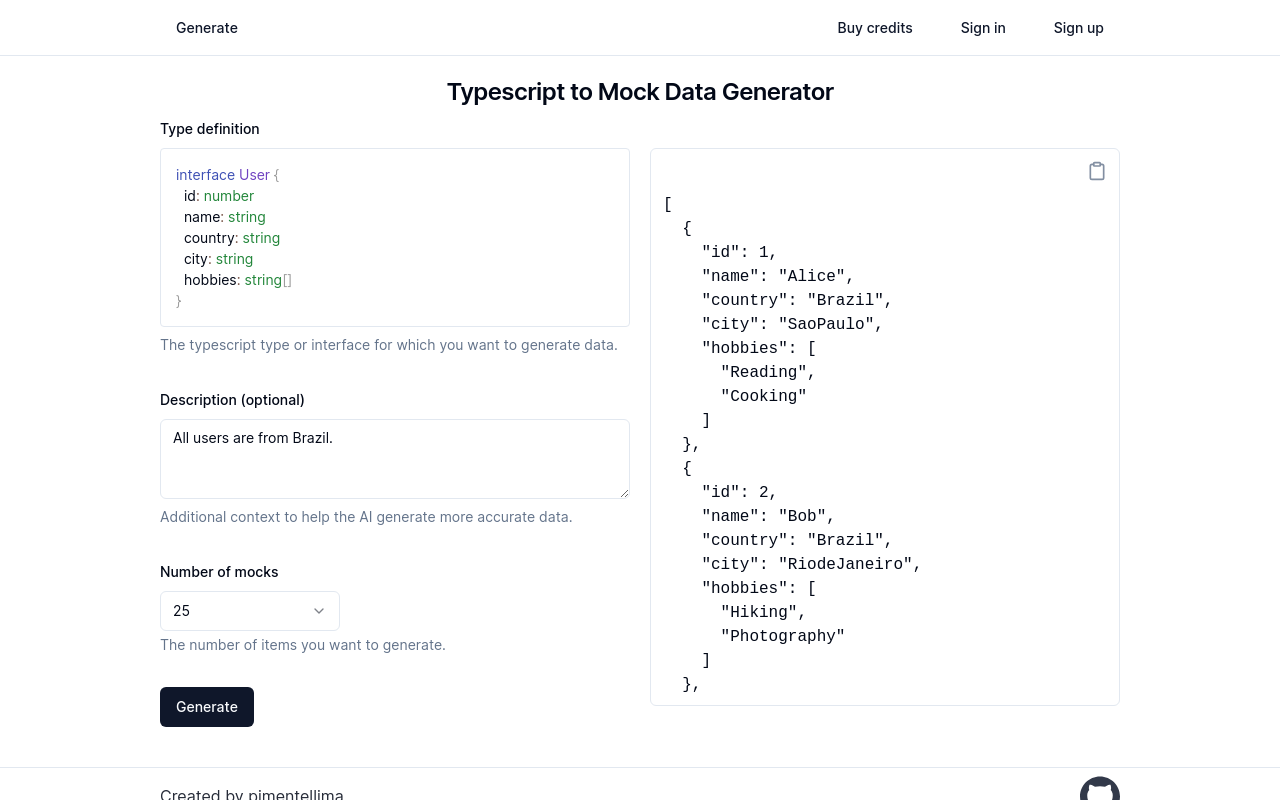gpt-prompt-engineer
A versatile tool for generating, testing, and ranking AI prompts to optimize performance.
Best for:
- Data Scientists
- Developers
- Researchers
Use cases:
- Prompt Generation
- Content Creation
- AI Research
Users like:
- R&D
- Marketing
- Product Development
What is gpt-prompt-engineer?
Quick Introduction
The gpt-prompt-engineer tool is a powerful asset for anyone working with AI models like GPT-4, GPT-3.5-Turbo, or Anthropic’s Claude 3 Opus. Designed specifically for prompt engineering, this tool significantly simplifies the complex trial-and-error process involved in crafting effective prompts. By accepting a user-defined task description and a series of test cases, gpt-prompt-engineer generates a multitude of prompts, rigorously tests them, and ranks their performance using an ELO rating system. Whether you are a data scientist, a developer, or a researcher, this tool can significantly streamline the process of prompt optimization, making it easier to obtain precise and reliable outputs from your AI models. The tool is highly flexible, allowing for the inclusion of multiple input variables, auto-generated test cases, and features optimized for classification tasks.
Aimed at both novices and seasoned professionals, gpt-prompt-engineer eliminates the need for extensive manual tuning, reducing the time and effort required to achieve high-quality AI outputs. This makes it an invaluable resource for tasks ranging from natural language processing and content generation to complex data classifications and more.
Pros and Cons
Pros:
- Efficient Prompt Creation: The tool automates the generation and testing of multiple prompts, significantly reducing the time and effort usually required.
- Multiple Models Supported: It supports popular models like GPT-4, GPT-3.5-Turbo, and Claude 3 Opus, offering flexibility and up-to-date integrations.
- ELO Rating System: The ranking system helps users quickly identify the most effective prompts, making it easier to improve AI model performance.
Cons:
- Dependency on API Keys: Requires OpenAI and/or Anthropic API keys, which may be an additional cost or setup challenge for some users.
- Costly for Large-Scale Use: Generating and testing many prompts can become expensive, particularly for intensive projects.
- Requires Basic Understanding: Users need a foundational understanding of prompt engineering and AI models to get the most out of this tool.
TL:DR.
- Prompt Generation: Generate numerous prompts with ease.
- Prompt Testing: Automatically tests and ranks prompts to find the best performers.
- ELO Rating System: Uses an ELO rating to rank the effectiveness of each prompt.
Features and Functionality:
- Prompt Generation: Generates multiple prompts using models like GPT-4, GPT-3.5-Turbo, or Claude 3 Opus based on a given task description and test cases.
- Prompt Testing: Automatically tests the generated prompts against all test cases to measure performance.
- ELO Rating System: Employs an ELO rating system to rank prompts based on their effectiveness, making it easier to choose the best one.
- Classification Version: A specific notebook designed to handle classification tasks, matching outputs to expected results and scoring each prompt.
- Weights & Biases Logging: Optional logging to keep track of configurations and performance, useful for audits and detailed analysis.
Integration and Compatibility:
- Google Colab: Easily set up and run notebooks in Google Colab for quick deployment.
- Local Jupyter Notebooks: Can be run on local machines using Jupyter notebooks, providing flexibility in development environments.
- API Keys Required: Requires OpenAI and/or Anthropic API keys for accessing the respective AI models.
- Standalone Capability: No complex integration with other software is necessary, as it serves as a standalone prompt engineering tool.
Benefits and Advantages:
- Time Efficiency: Automates the time-consuming process of prompt creation and testing.
- Higher Quality Outputs: The ELO rating system helps in identifying the most effective prompts for high-quality AI outputs.
- Flexibility: Supports various well-known models, offering users multiple options for prompt generation.
- User-Friendly: Designed for both beginners and experts, it simplifies the prompt engineering process.
- Customizable: Allows the inclusion of multiple input variables and auto-generates test cases for more nuanced prompt evaluation.
Pricing and Licensing:
- Free Access: Free to use, especially when hosted in public repositories on platforms like GitHub.
- API Costs: Users need to account for the cost of API keys from OpenAI and Anthropic, which may incur additional charges.
- Optional Tools: Additional logging tools like Weights & Biases and Portkey can be optionally integrated.
Support and Resources:
- Community Support: An active Community Forum is available for troubleshooting and sharing best practices.
- Documentation: Comprehensive documentation and README files are included in the GitHub repository.
- Customer Stories and Case Studies: Real-world examples and customer stories are often cited to demonstrate effectiveness.
gpt-prompt-engineer as an alternative to:
OpenAI Playground: While OpenAI Playground is a useful tool for experimenting with prompts in a manual fashion, gpt-prompt-engineer takes things several steps further by automating the generation, testing, and ranking processes.
Do you use gpt-prompt-engineer?
This tool is ideal for users who need to scale up their prompt engineering efforts, getting precise results faster and with less manual intervention.
Alternatives to gpt-prompt-engineer:
- AI Dungeon: Good for those looking to generate interactive storylines with minimal setup. However, lacks the prompt optimization features.
- Jarvis (Conversion.AI): Helpful for creating content for marketing but lacks the specificity and robustness in prompt testing and ranking provided by gpt-prompt-engineer.
- Hugging Face’s Transformers: Offers a broad library for various AI models but requires more manual tuning and lacks an integrated ELO ranking system.
Conclusion:
gpt-prompt-engineer is a highly efficient tool designed to simplify and optimize the process of prompt engineering. It excels at generating, testing, and ranking prompts, making it easier to achieve high-quality outputs from popular AI models like GPT-4 and Claude 3 Opus. Whether you’re a beginner looking to dip your toes into AI or an expert needing to streamline your workflows, this tool offers immense value. Its flexibility, user-friendliness, and effectiveness make it a go-to resource for anyone involved in AI-driven projects.



